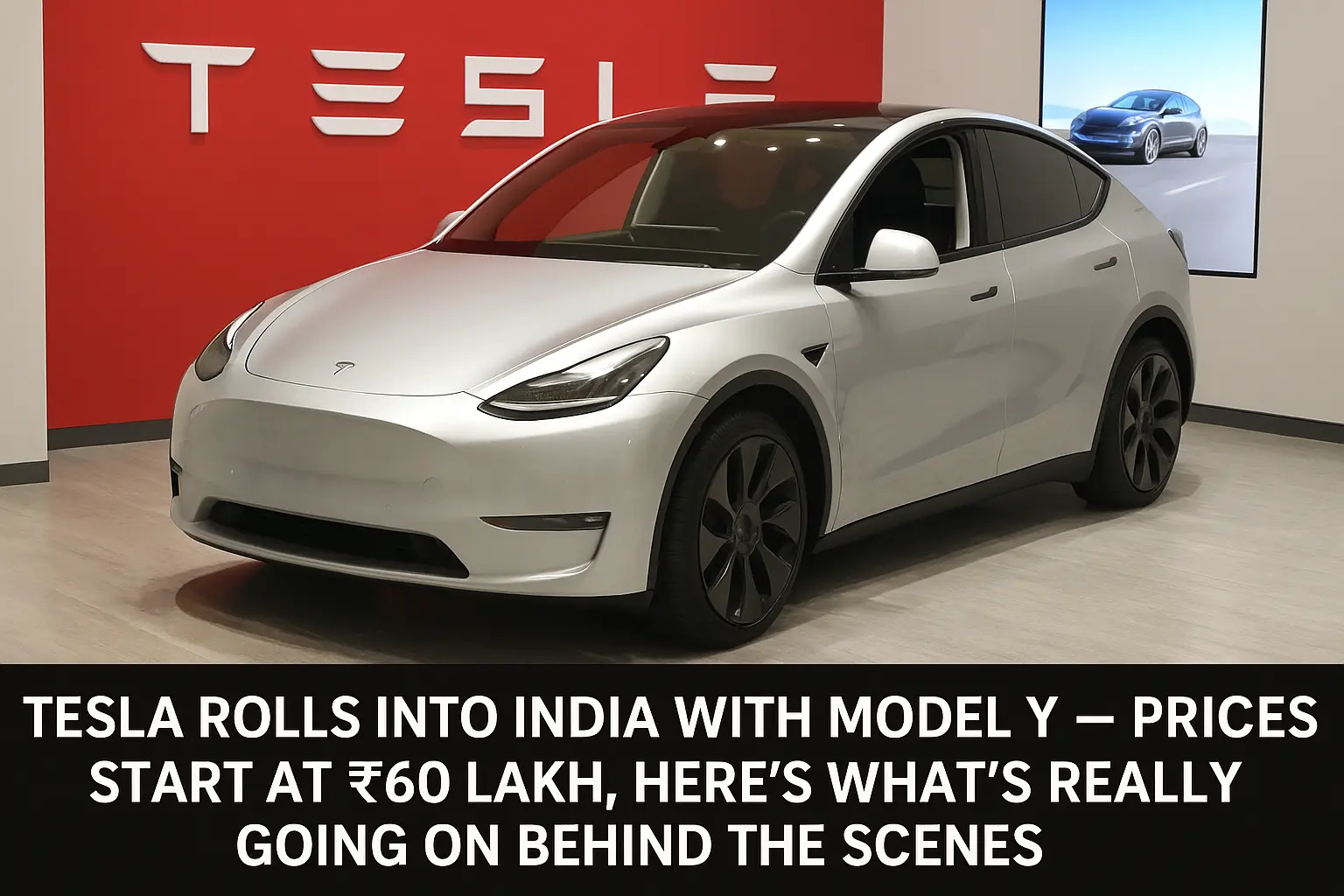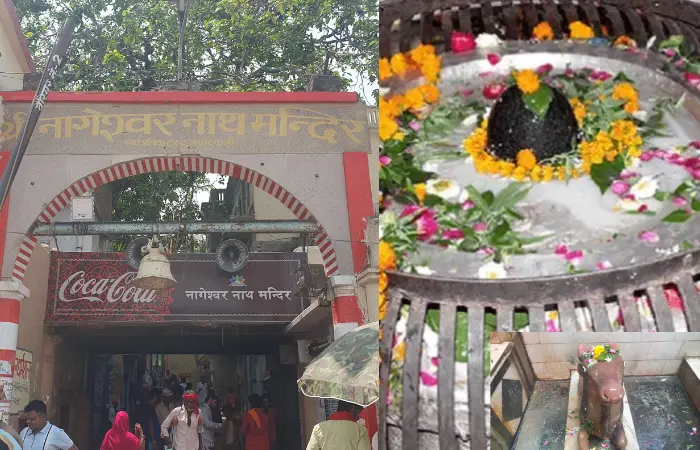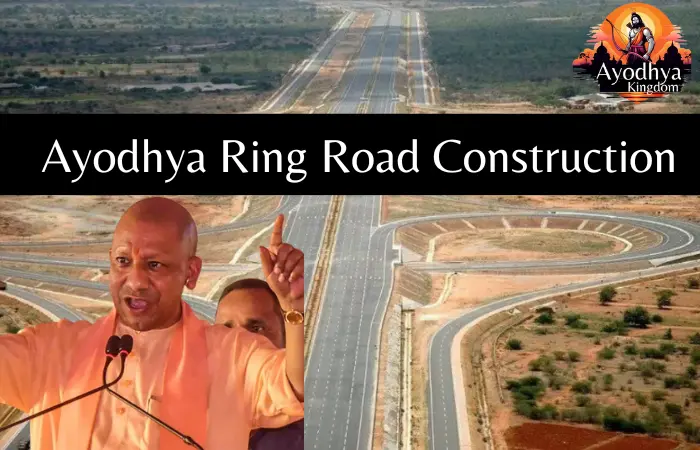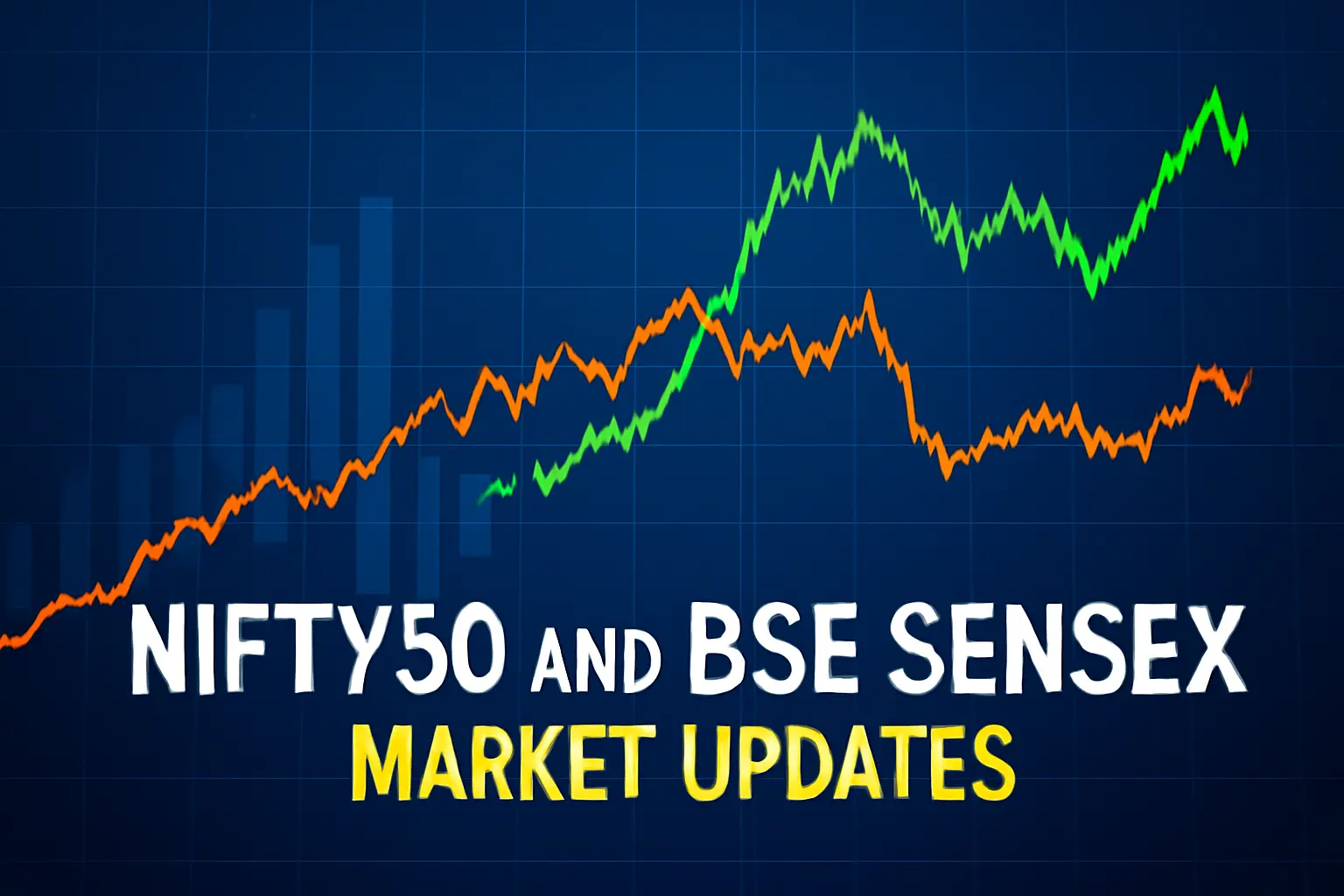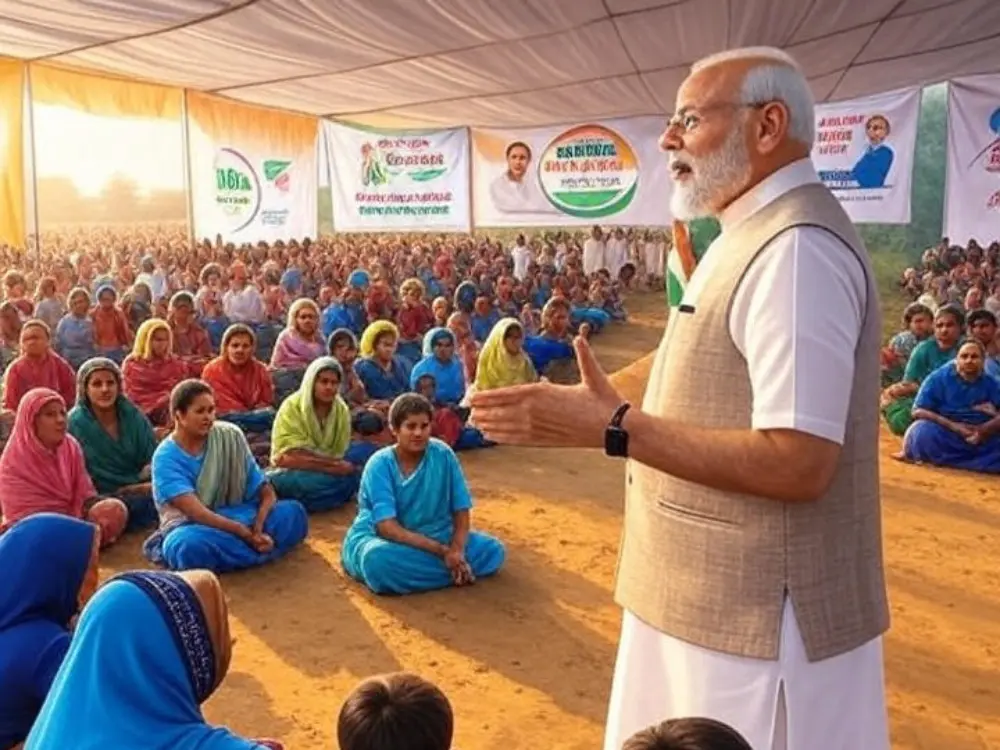Tesla launches Model Y in Mumbai at ₹60 L–₹68 L. First showroom, FSD, import strategy, and new real estate play unveiled.
Tesla has officially arrived in India with a bang. On July 15, 2025, Elon Musk’s electric vehicle (EV) company unveiled its first showroom in Mumbai, marking a historic moment in India’s automotive landscape. This isn’t just a car launch — it’s a strategic, calculated entry into one of the world’s fastest-growing automobile markets.
The showroom is located in the upscale Bandra Kurla Complex (BKC) and is being called an “experience center” rather than just a sales outlet. But what makes this move more intriguing is what Tesla is doing behind the glass — from real estate strategies to future factory ambitions, the story is bigger than most headlines suggest.
Table of Contents
ToggleModel Y: Specs, Variants & What You Get for ₹60–68 Lakh
Tesla has launched the Model Y, a premium electric SUV in two variants:
- Rear Wheel Drive (RWD): The base variant with robust performance and range.
- Long Range (AWD): Delivers extended mileage, dual-motor all-wheel drive, and faster acceleration.
Both variants come with Tesla’s signature minimalist interiors, large infotainment screen, over-the-air updates, and access to the Tesla mobile app ecosystem.
Tesla has also launched the Full Self-Driving (FSD) feature in India, priced at ₹6 lakh extra. Though not yet legally approved for autonomous driving here, the software allows future upgrades as regulations evolve — a futuristic bet in India’s rapidly modernizing infrastructure.
What No One is Talking About: The Bigger Gameplan
Tesla’s recent moves in India suggest a carefully calculated, long-term strategy rather than just a market launch. The company’s decision to lease the most expensive showroom space in Indian automotive history in Mumbai isn’t just about making a retail statement—it’s a strategic signal of deeper intentions. Alongside this, Tesla has secured warehousing and office space nearby, indicating plans for localized vehicle storage, service and repair infrastructure, and future logistics support. These real estate investments hint at a broader operational footprint beyond just selling cars.
The initial launch itself is telling—Tesla has imported only a limited number of Model Y units, not due to supply constraints but as part of a deliberate branding strategy. By keeping volumes low, the company is generating exclusivity, media buzz, and word-of-mouth marketing through test drives for high-net-worth individuals and social media engagement. This “preview-before-scale” approach ensures strong demand and brand hype before a full-fledged rollout.
Another critical piece of the puzzle is charging infrastructure. While Tesla hasn’t yet announced Supercharger stations in India, its global playbook suggests that such a network is inevitable. Given India’s still-nascent EV charging ecosystem (with only 2–4% EV adoption in most states), Tesla will likely prioritize partnerships or build its own charging hubs near highways and major cities. Without this infrastructure, mass adoption of its vehicles would be difficult, making it a logical next step in Tesla’s long-term India gameplan.
What’s Inside Tesla’s India Strategy?
| Feature | Details |
|---|---|
| Showroom Location | BKC, Mumbai – India’s financial hub |
| Lease Value | ₹23.38 crore for 5 years (highest ever for any auto brand) |
| Car Model Launched | Tesla Model Y (imported from Shanghai) |
| Variants Offered | RWD & Long Range |
| Starting Price | ₹60 lakh (RWD) – ₹68 lakh (Long Range) |
| Full Self-Driving (FSD) | ₹6 lakh optional add-on |
| On-Road Price | ₹61–69 lakh depending on city/state taxes |
| Units Imported Initially | 5–6 demo units from China |
Model Y: Specs, Variants & What You Get for ₹60–68 Lakh
Tesla has launched the Model Y, a premium electric SUV in two variants:
- Rear Wheel Drive (RWD): The base variant with robust performance and range.
- Long Range (AWD): Delivers extended mileage, dual-motor all-wheel drive, and faster acceleration.
Both variants come with Tesla’s signature minimalist interiors, large infotainment screen, over-the-air updates, and access to the Tesla mobile app ecosystem.
Tesla has also launched the Full Self-Driving (FSD) feature in India, priced at ₹6 lakh extra. Though not yet legally approved for autonomous driving here, the software allows future upgrades as regulations evolve — a futuristic bet in India’s rapidly modernizing infrastructure.
The Hidden Advantage: Tesla’s Software Play
Tesla’s strategy in India goes beyond just selling electric vehicles—it’s about positioning itself as a tech-first mobility brand. While most EV makers in India focus on hardware specs like battery range or charging speed, Tesla is leveraging its software superiority to stand out. Its Over-the-Air (OTA) updates allow cars to receive performance improvements, new features, and even safety enhancements remotely—effectively making the vehicle better over time without requiring a visit to a dealership. This not only enhances customer satisfaction but also ensures long-term relevance of the product. Additionally, Tesla’s Full Self-Driving (FSD) capability, though not yet fully operational in India, signals a future-ready approach, reinforcing the brand’s image as an innovator rather than just an automaker.
Moreover, Tesla’s mobile app ecosystem offers class-leading digital conveniences—like remote climate control, real-time vehicle tracking, and smart charge scheduling—features that most Indian EVs currently lack. These software-driven advantages create a sticky user experience, fostering brand loyalty and differentiating Tesla in a market still largely fixated on hardware. By emphasizing digital value over traditional automotive selling points, Tesla isn’t just entering India’s EV race—it’s rewriting the rules of the game.
Will Tesla Build a Factory in India?
India recently announced new EV policies offering lower import duties (15%) to companies investing $500 million+ in local manufacturing. This was seen as a signal to attract Tesla.
While no official announcement has been made, Tesla is watching the market response closely. If the Model Y succeeds:
- Local assembly or full factory setup is very likely
- This could reduce prices and increase availability in the next 1–2 years
What to Expect Next?
- New showrooms: Likely coming to Delhi, Bengaluru next
- More models: Model 3, Cybertruck, and affordable Tesla could follow
- Charging network: Expect a strategic rollout once volumes grow
- India-specific tweaks: Adjustments to suspension, cooling, and navigation for Indian roads

